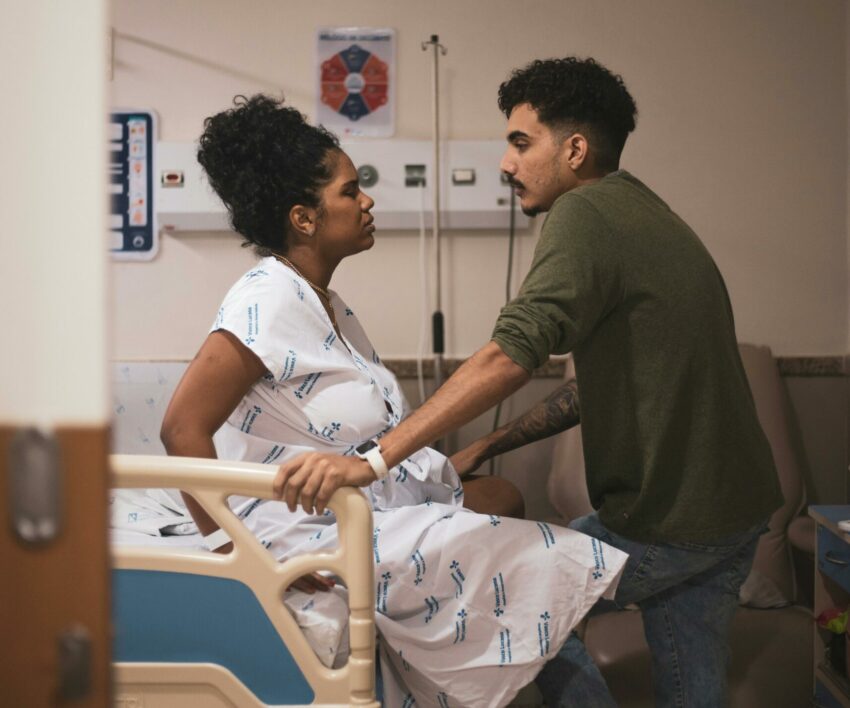
A girly’s reproductive health is of paramount importance as it is one of the most delicate aspects of her life. This is why women would always be advised to be besties with the gynaes to ensure that all is well at all times.
The Obgyn Durban publication claims that a gynaecological exam is a crucial part of a woman’s health, ideally conducted when she turns 21 or earlier. Regular check-ups are recommended for most women, including pelvic exams, pap smear tests, and breast examinations.
“This initial visit is an excellent opportunity to establish a comfortable relationship with your gynaecologist, discuss any concerns regarding your menstrual cycle, sexual activities, and contraception, and learn about your body.”
The above publication also mentions that in addition to regular check-ups, gynaecologists can be seen for sexual health concerns, pre-conception and pregnancy preparation, fertility consultations, pregnancy, menopause, menstrual issues, abnormal vaginal discharge, and screenings for chronic conditions.
Dr Neelan Pillay, a gynaecologist suggests that women in their 20s and 30s should have annual check-ups with their gynaecologist and that HPV testing is recommended every five years for women aged 30 and older.
She further states that women in their 40s and 50s should continue with annual visits to monitor menstrual cycles, manage perimenopausal symptoms, and screen for health issues like breast cancer and osteoporosis.
“Women should start getting mammograms at age 40, with frequency determined by their doctor based on personal and family health history.
“Women experiencing irregular periods, heavy bleeding, or severe pain should consult their gynaecologist more frequently for proper diagnosis and management, and those facing challenges with fertility or those undergoing treatments such as in vitro fertilization (IVF) will need specialized and more frequent consultations.”
Also see: Tips to deal with menopause symptoms




